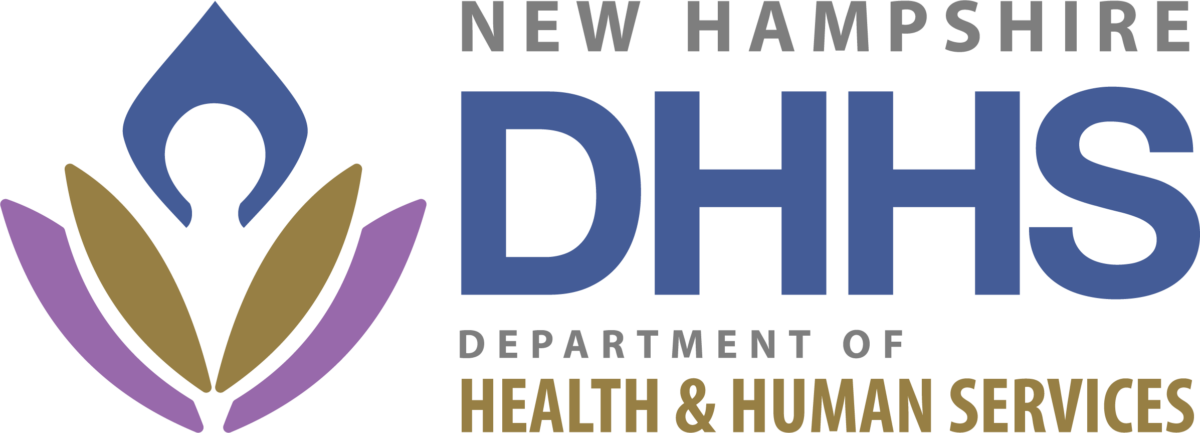The NH Department of Health and Human Services (DHHS) released the below linked press release providing tips to residents on how to lower their risk on mosquito-borne illnesses. Additional information from the Town of Salem Health division is also included in this article below.
NH DHHS August 5 Press Release: https://www.dhhs.nh.gov/news-and-media/nh-dhhs-provides-tips-help-residents-lower-their-risk-mosquito-borne-illness
Town of Salem Health Division Update August 2024: Salem has a comprehensive mosquito control program that begins annually in April and continues through October. The program involves surveying and treating wetlands and areas of stagnant water throughout the town. It also involves treating all the catch basins in our community (over 3000) and four traps are located in the town to collect and analyze mosquitoes which provides a good representation of the town’s mosquito population. Salem has had a mosquito control program for over 20 years to reduce the incidence of mosquito-borne illnesses.
The main components of the program include:
1. Larval Surveys & ‘Larvaciding’
Mosquito control commences each April in the Town of Salem. Crews from Dragon Mosquito Control, Inc. begin checking areas of stagnant water for mosquito activity. When mosquitoes are found, insecticides called ‘larvacides’ are applied directly to the stagnant water and are intended to prevent immature mosquitoes from developing into flying, biting adults. During the summer months, the crews treat all of the catch basins throughout the town.
2. Surveillance
Another critical component of the program is the inventory of the types of species of mosquitoes in Salem. Traps are located in four (4) areas of the town which collect adult mosquitoes in order to determine the extent of mosquito activity and the types of mosquitoes present. Over 20 species of mosquitoes have been identified in Salem and this information is important to conclude if we have the species that typically carry West Nile Virus (WNV) or Eastern Equine Encephalitis (EEE). After identification, the mosquitoes are sent to the NH State Laboratory to determine if they are carrying either one of these viruses.
3. ‘Adulticiding’
If WNV or EEE becomes a public health threat in Salem, ‘adulticiding’ (adult spraying) may be considered. Areas to be sprayed will be determined based on locations of birds and mosquitoes found positive with one of these viruses. Street spraying was conducted in 2005 due to positive mosquitoes and birds (for EEE & WNV) found in Salem. Salem last found positive mosquitoes for West Nile Virus in 2021.
To summarize, Salem’s mosquito control program begins in April with crews checking and spraying wet areas to prevent mosquitoes from breeding. During the summer months, it expands to treatment of catch basins to prevent breeding in these structures. Also, during the summer months, mosquitoes are collected in 4 traps throughout the town to determine the types of mosquitoes. This is important as certain species are more prone to transmit illness to people. The mosquitoes are also sent to the state lab to determine if they are carrying any of the viruses of concern. Finally, if there is a potential health threat to residents of Salem due to the presence of a confirmed case, adult spraying may be considered. This type of spraying is done via a truck mounted sprayer and backpack sprayers. It is usually done at night to kill flying mosquitoes. Locations may include parks and athletic fields as well as streets in the area of the confirmed case.
